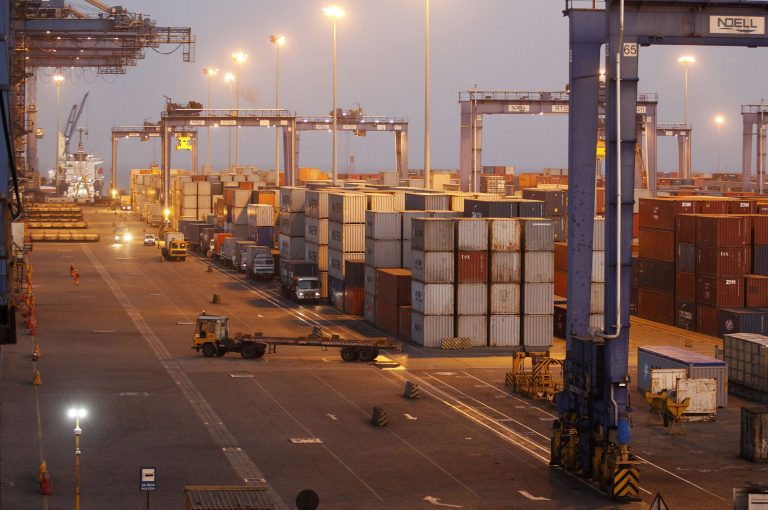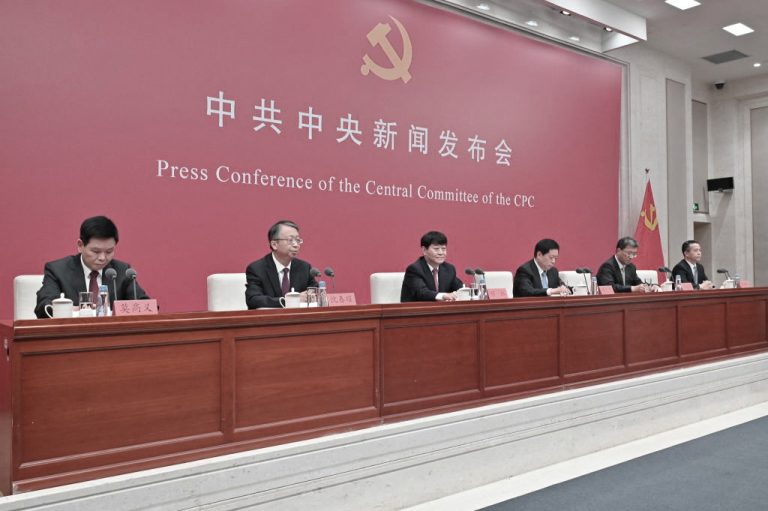China emits more greenhouse gases (GHG) than all other developed countries combined according to a report released on May 6 by Rhodium Group, an independent research provider of data used by leading think tanks and universities.
“In 2019, China’s emissions not only eclipsed that of the US—the world’s second-largest emitter at 11% of the global total—but also, for the first time, surpassed the emissions of all developed countries combined,” the report stated.
According to Rhodium Group, China was responsible for 27 percent of the world’s GHG emissions, followed by the U.S. with 11 percent, India with 6.6 percent, the EU-27 (European Union) with 6.4 percent, Indonesia with 3.4 percent, Russia with 3.1 percent, Brazil with 2.8 percent, and Japan with 2.2 percent.
China’s GHG emissions of over 14 gigatons eclipsed their 1990 levels by more than three times and increased by 25 percent over the past decade. However, the Rhodium Group, which is backed by Bill Gates, downplayed the statistics by saying that China’s per capita rates of emissions were modest compared to “those in the developed world.”
The report stated, “China’s history as a major emitter is relatively short compared to developed countries, many of which had more than a century head start… China still has a way to go before surpassing the OECD [Organization for Economic Cooperation and Development] on a cumulative contribution basis.”
Success
You are now signed up for our newsletter
Success
Check your email to complete sign up
In 2020, China was the only nation in the world to experience economic expansion, while most of the world experienced economic contraction, according to Rhodium Group. Back in September, Chinese Communist Party (CCP) leader Xi Jinping strategically announced that China would aim for peak emissions before 2030 and carbon neutrality by 2060.
Li Shuo, an expert on Chinese climate policy from Greenpeace Asia, said that Xi’s announcement was a “bold and well calculated move,” which “demonstrates Xi’s consistent interest in leveraging the climate agenda for geopolitical purposes.”
According to CNBC, “reducing carbon emissions is one of the few areas China and the U.S. have said they could cooperate on.” Biden has said that by 2030, the U.S. aims to lower emissions by 50 to 52 percent, which is double the prior commitment made in the 2015 Paris climate agreement.
In April, Xi Jinping attended a climate summit hosted by U.S. President Joe Biden. At the summit, Xi stressed that more developed nations should step up with plans to address climate issues while also helping less developed nations to catch up. “China looks forward to working with the international community, including the United States, to jointly advance global environmental governance,” he said.







